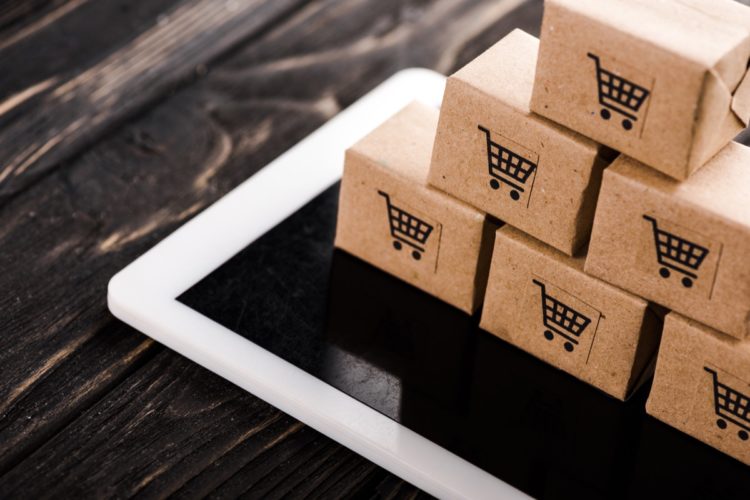According to a new report, E-commerce will account for more than half of the overall growth in the global retail market over the next five years, amounting to $1.4 trillion.
According to Euromonitor International, nearly 16% of products were purchased online last year, nearly double the pace in 2015, and growth is expected to accelerate further between 2021 and 2025.
The United States, China, and Mexico are expected to see the most e-commerce value growth during the time, with $386 billion, $361 billion, and $77 billion, respectively.
The expanding power of technology is one of the most pronounced consequences of the global pandemic, according to Michelle Evans, senior head of digital market research at Euromonitor.
“Retailers and brands are prioritizing technology investments, which range from supply chain optimization to customer experience enhancement,” she said.
During the Covid-19 pandemic, e-commerce grew in popularity across all product categories, expanding the pool of consumers and boosting last-mile distribution services as more customers switched to digital networks, according to Euromonitor.
Companies in Latin America, for example, have increased their digital investments as a result of Covid-19, according to the research firm.
They’re putting money into improving website experiences, expanding direct-to-consumer operations, and forming partnerships with distribution companies.
By 2025, the country is projected to have the highest e-commerce growth rate of all regions, at more than 21%. Eastern Europe (12%) and the Middle East and Africa (11%).
The Covid-19 pandemic accelerated the digital transformation of more than 70% of retail professionals around the world by one to two years.
According to Euromonitor, more than 20% said it sped up procedures by three to five years.
More than 75% of professionals agree that having a digital presence is an integral part of their value proposition for their businesses.
Traditional business models and physical stores, on the other hand, are facing greater challenges as a result of the rapid digital transition, according to Ms Evans.
“For companies to remain competitive in the ever-growing digital sphere, it is important to re-evaluate strategy,” she said.
According to a study released last month by the United Nations Conference on Trade and Development, the coronavirus pandemic has accelerated the transition to a more digital environment.
For example, during the pandemic, 7.3 million Brazilians shopped online for the first time. In Argentina, the number of first-time online shoppers accounted for 30% of the overall online shopping base in 2019.
Source: The National
Read More on Tech Gist Africa:
Mimecast alerts that cybercriminals are taking advantage of vaccine rollout campaigns
Digital Access is the Future of Financial Inclusion in Africa












